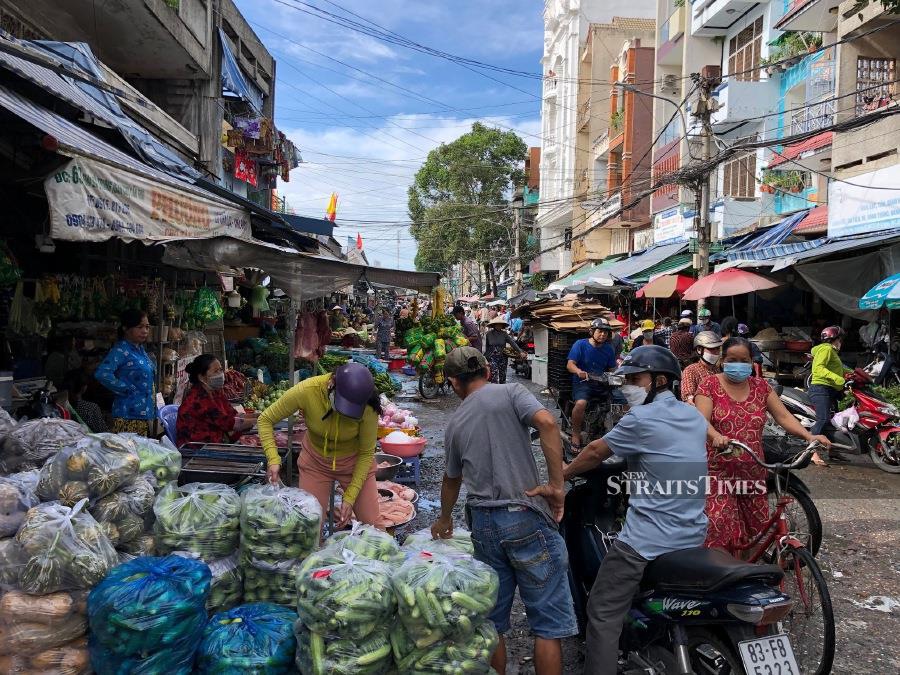"MOT, Hai, Ba, Yo!" "Mot, Hai, Ba, Yo!" (One, two, three, yo!). Raucous cheers rang throughout Vietnam as the people toasted each other during their country's Independence Day on Sept 2.
From the capital Hanoi in the north, to the Mekong villages in the south, elaborate decorations were everywhere, with various celebrations organised for this auspicious occasion.
Vietnam has definitely come a long way from the aftermath of the war. Immediately after World War 2, the return of the colonial French administration was met with strong resistance by its revolutionary leader Ho Chi Minh and his communist army.
In the decisive Battle of Dien Bien Phu, the French, despite her sophisticated weaponry and air superiority, was defeated by the communists in 1954. In my book If the Sky were to Fall… I described how this battle had inspired anti-colonial forces around the world. The French artillery commander Colonel Charles Piroth felt so dishonoured that he eventually committed suicide with a hand grenade.
VIETNAM WAR
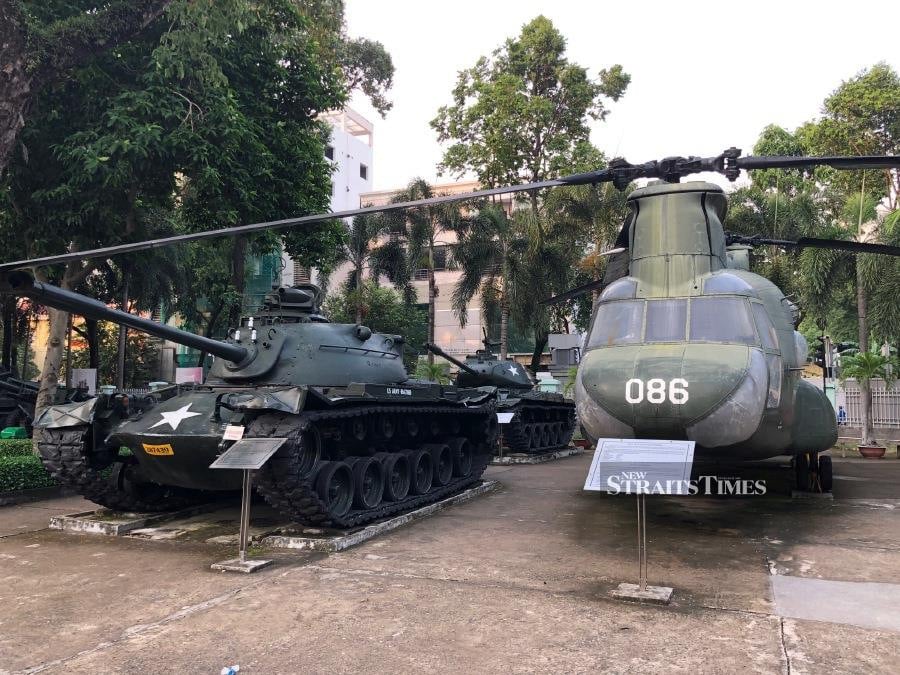
After the French withdrawal in 1954, the Americans supported the South Vietnamese government under the administration of President Eisenhower the following year. The subsequent Vietnam war lasted until the fall of Saigon in 1975.
To celebrate its victory, the Vietnamese government changed the name of Saigon city to Ho Chi Minh City (HCMC), in honour of its revolutionary leader. However, many people, especially in the southern part of the country, preferred the original name and had kept it.
In its immediate aftermath, millions of desperate Vietnamese left the country in rickety fishing boats. Tragically, hundreds of thousands of them would drown in the South China Sea. I still recall helping some of these boat people when they stopped by at Changi Jetty in Singapore in the early 1980s, when I was a university student.
In their perilous journey across the South China Sea, many female refugees were raped and the men killed by pirates. In his upcoming book Footprints of Nature, Royal Malaysian Air Force (RMAF) Brigadier-General (Rtd) (Datuk) Loke Kok Yee recounted how he'd fly low in his A4 Skyhawk jet-fighter towards these pirates before executing a high "G" pull-up, followed by a scorching exhaust blast. It was enough to scare the pants off them.
AGENT ORANGE AND NAPALM BOMBS
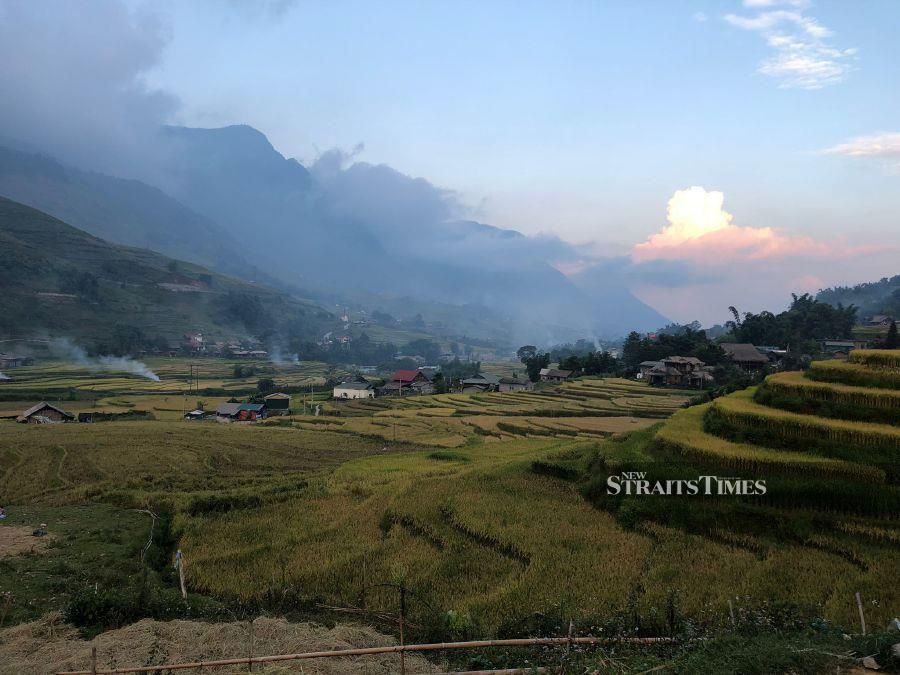
During the Vietnam War, the whole country suffered terribly. Despite being banned by the United Nations, there was widespread use of napalm bombs and Agent Orange by the Americans. Until today, babies are still being born with severe defects resulting from the use of Agent Orange.
The Vietnam War resulted in a crippling destruction of nearly all critical infrastructure such as roads, bridges, ports and railways. Vietnam's 1978 invasion of Cambodia to oust the Khmer Rouge had also diverted much needed funds and attention away from its own internal needs then. Vietnam only begun to earnestly undertake serious repair and reconstruction efforts in the 1980s after attaining stability and security.
DOI MOI
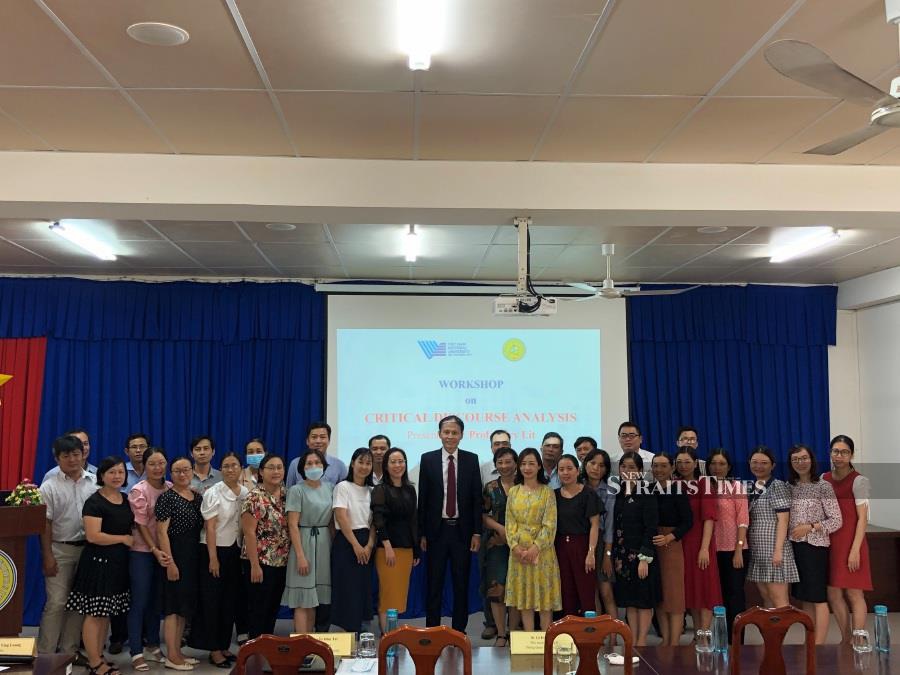
The Doi Moi policy helped to inject a new found dynamism into Vietnam's economy in the late 1980s. The momentum for a market-driven economy accelerated further, with greater liberalisation and privatisation in the 90s.
Following these market reforms, billions of overseas investments began pouring into the country. Among them are those by Gamuda Land, Petronas and Sunway group from Malaysia and the Vietnam-Singapore Industrial Parks (VSIP).
It has helped to attract billion-dollar investments from Samsung, Nike, Adidas and others. Unlike other countries, Vietnam is blessed with a relatively young population. This demographic dividend helps to power its labour-intensive manufacturing sector.
There's now a vibrant community of Malaysians and Singaporeans living and working in Vietnam. Recently, there was a double celebration of Merdeka and Vietnam's National Day for the executives at the Royale Bar in HCMC.
NEW PROJECTS
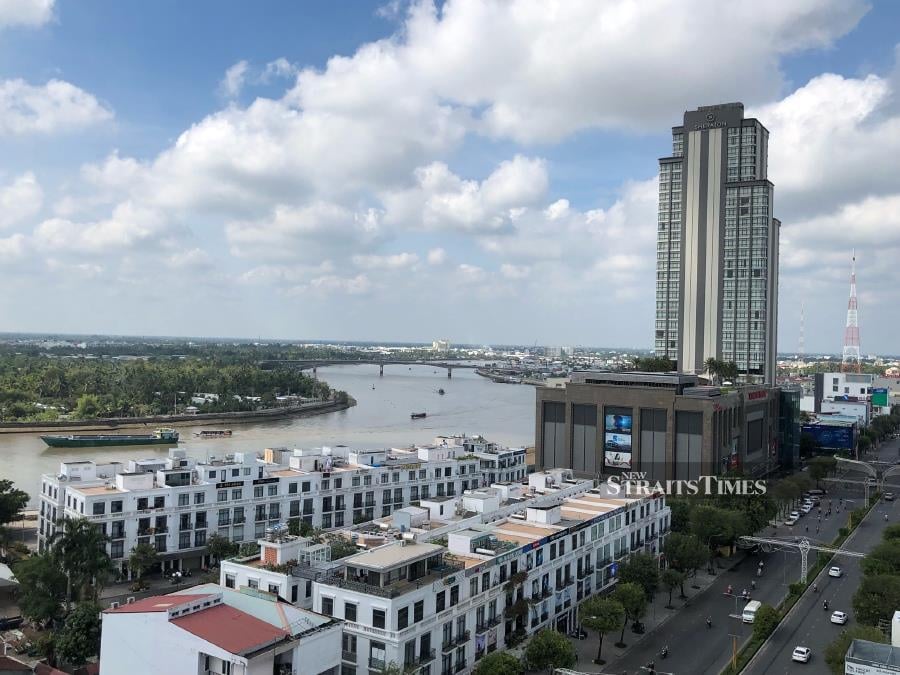
Major infrastructural and urban projects have also been completed in recent years. The whole coastal strip of fishermen attap houses in Danang has recently been transformed into an exclusive belt of five-star hotels.
The new Hanoi Metro system, built by a Chinese consortium, has eased traffic congestion in the thriving city of eight million. After much delay, the metro line in HCMC is expected to open soon. Major plans are now underway to construct new ports and airports too.
After a period of hardship and sacrifice, Vietnam is now a rising star in the world with consistent gross domestic product (GDP) growth of about six per cent for many years. It has even overtaken the Malaysian economy. The Vietnamese describe their country as Sau cơn mưa trời lại sángtroi lai sang or "after rain comes sunshine".
The economy in the past decade has created more and better jobs. It has also improved the aspirations and living standards of its people. Famous Western brands such as Louis Vuitton, Gucci and Chanel have a presence in all major cities.
However, in the nearby century-old Ben Thanh market, knock-off products of these brands can be bought for a fraction of their prices. But you do need to do some tenacious bargaining.
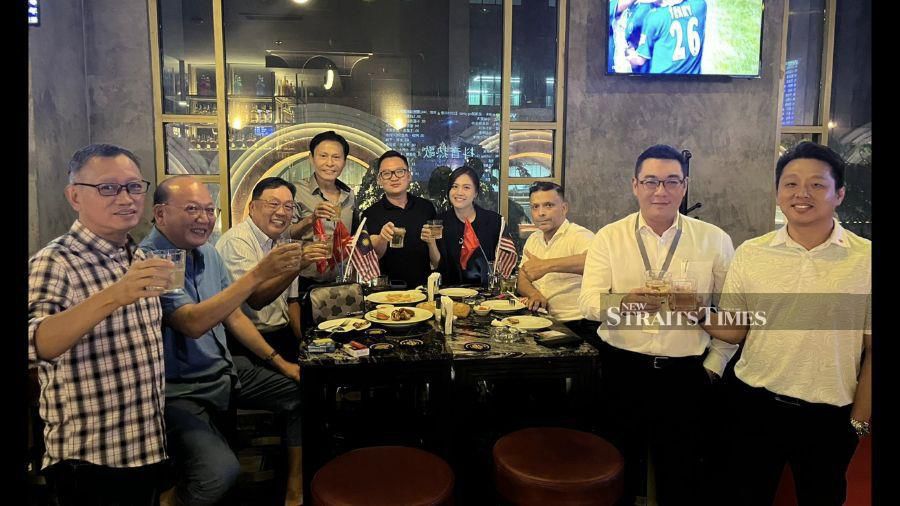
To celebrate their good life and new-found "Tiger" economy status, cheers of Mot, Hai, Ba, Yo! were heard all over the country as the people toasted and drank their Tiger and Saigon beer. The Vietnamese are good drinkers and even brewed a special wine preserved with traditional herbs and a king cobra.
Besides beer, there's also a strong coffee culture nationwide. They spare no effort in decorating their coffee houses. Many of them have a beautiful garden, complete with a waterfall too. They've definitely managed to hold their own against the "invasion" of McDonalds and Starbucks.
TEETHING ISSUES
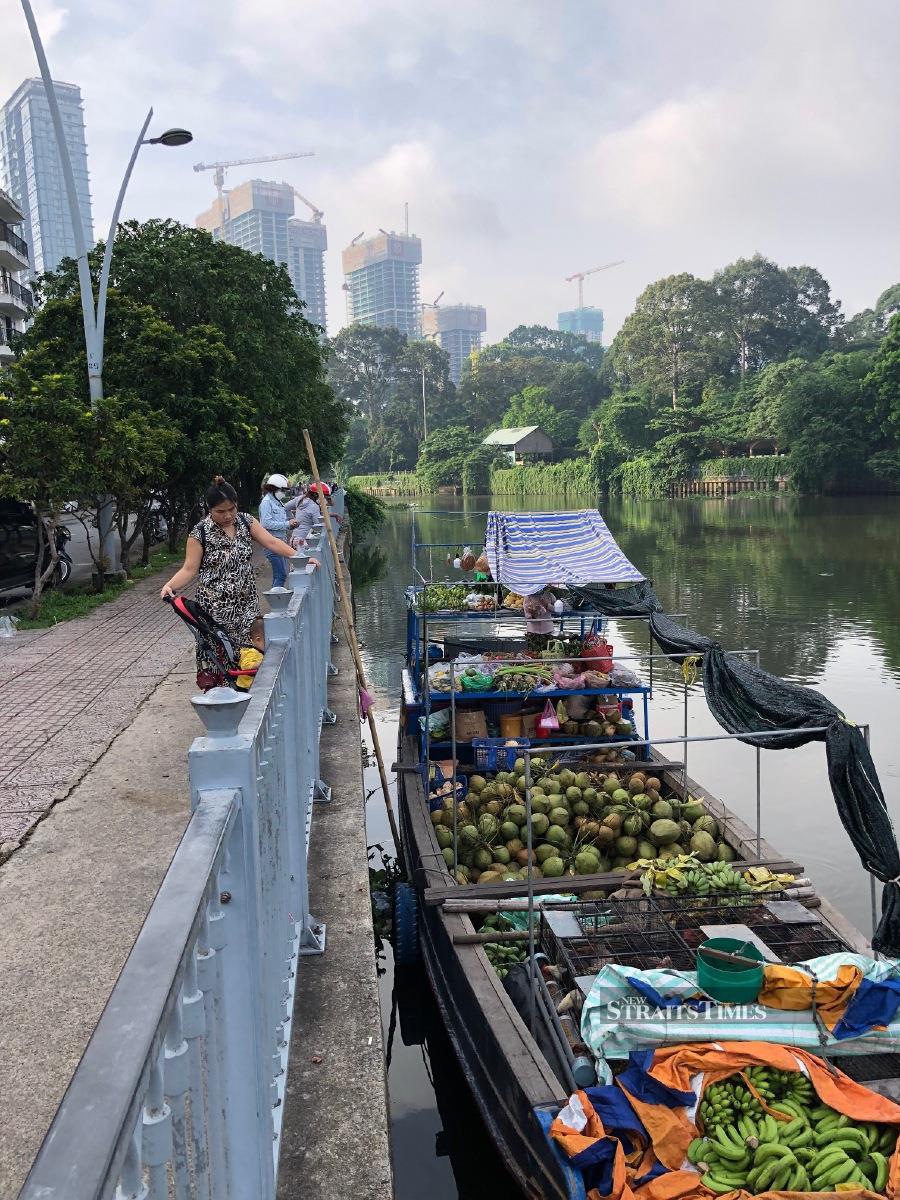
In the central park stands the giant statue of Ho Chi Minh. Surely, Uncle Ho must be smiling proudly at the rising skyline and bright neon lights, a sign of new-found prosperity.
Located in the central park of HCMC, a nearby disco bar at the top floor overlooks his statue. Its deafening techno-music with strobing psychedelic lights will probably give Uncle Ho a severe headache!
Of late, the rising skyscrapers in both Hanoi and HCMC have dwarfed Uncle Ho's statue. But despite this, his stature remains high throughout the country.
Improvements in Vietnam's economy have resulted in severe traffic jams in the cities. Rapid industrialisation has created serious pollution issues. In addition to infrastructural bottlenecks, the rapid economic development has also resulted in a yawning gap between the rich and poor.
As a developing country faced with teething problems such as service quality and corruption, Vietnam can do with a better strategic long-term planning as well as proper regulation and management.
UTTER RESILIENCE
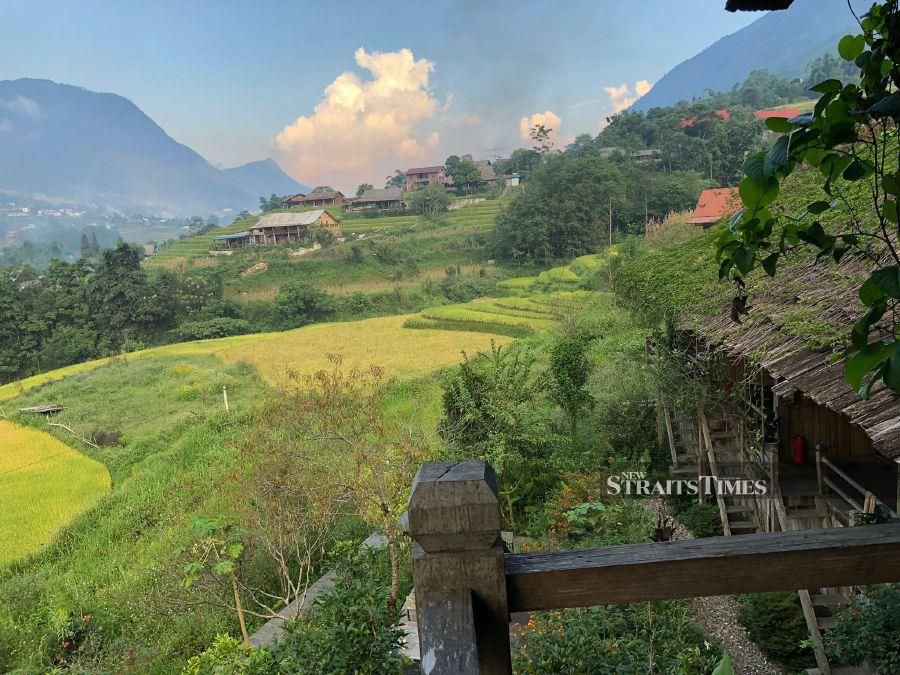
It's heartwarming that many of the "boat people" who braved the high seas earlier have also done well overseas. A substantial number have now returned to invest in Vietnam, helping to drive its economic boom.
Although they'd left on rickety boats, they're now flocking back to their homeland by flying first-class with international airlines. This is a testimony of the spirit of resilience and entrepreneurship of the Vietnamese.
The spirit of diligence and resilience is also evident among my professorial colleagues and students. Due to their financial circumstances, many of my Vietnamese students in the cities have had to juggle between the heavy demands of work and studies at the same time.
Those in the Mekong delta need to feed their ducks and chicken, as well as till their land early in the morning before heading for class. Once school ended, they'd return to their farm to work again.
Instead of cars or buses, some students go to school by sampan (wooden boats). My visits to their villages have always been a humbling and enriching experience.
Every year, my graduating students from the National University of Hanoi would pray to Confucius at the Temple of Literature for good results before their final examination. After their graduation, they'd return to pray to the sage for a good job and good pay.
FUTURE OF VIETNAM
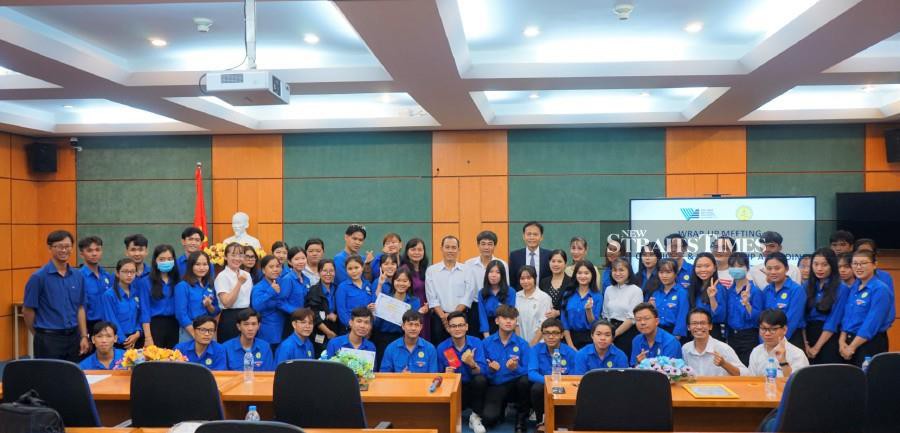
Ever since the trade, tech and sanctions war started by the United States a few years ago, the Vietnamese economy has experienced a sharp slowdown. As a high beta-economy, Vietnam has suffered badly due to current deglobalisation and decoupling in the world economy.
As a result, the cheers and celebrations have become more subdued. The stock and property markets have suffered declines of 30 per cent or more. Thousands of small businesses have closed, and millions of workers have been retrenched in recent months. However, there is a silver lining in every dark cloud: The farming sector has helped to absorb this surplus labour with some adjustments.
Many Vietnamese investors have "burnt" their hands and legs in this sharp downturn. However, their spirit of resilience and endurance will see them through this latest economic slowdown as we're reminded of the Vietnamese adage, Sông có khúc, người có lúcSong co khuc nguoi co, or "rivers have meanders, human life has phases."
Gary Lit Ying Loong is a retired academic from Nanyang Technological University, (NTU) Singapore. He's presently a visiting professor to some universities in Asia and Europe. Reach him at [email protected].


